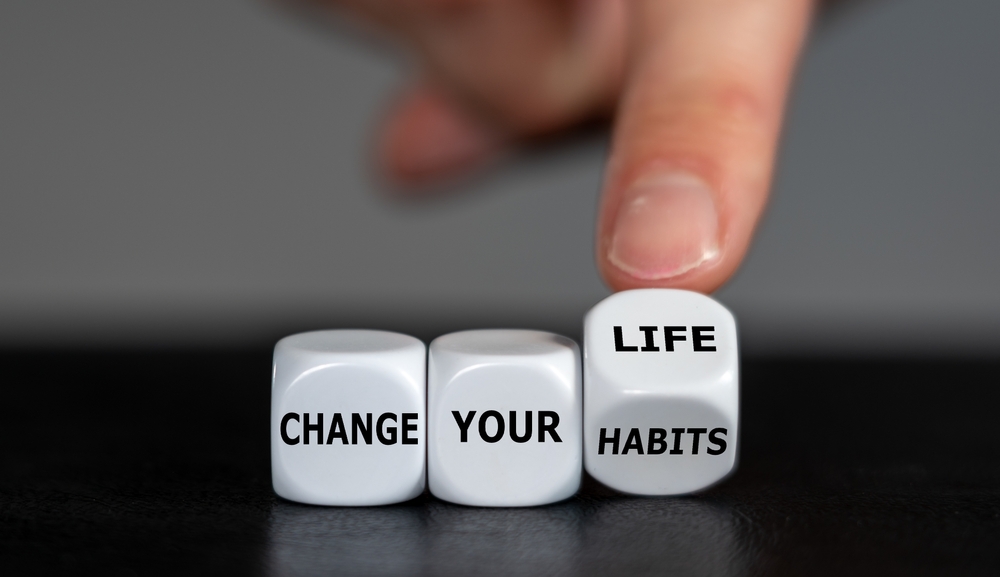Why does trouble often seem to take us by surprise? Whether it has to do with money or work or relationships, bad news frequently blindsides us.
This dynamic is described beautifully – and, in his characteristic style, succinctly – by Ernest Hemingway in his novel The Sun Also Rises when his character Mike Campbell is asked about his money troubles…
“How did you go bankrupt?” Bill asked.
“Two ways,” Mike said. “Gradually and then suddenly.”
If you’ve ever experienced money troubles, you can probably relate to this. I know I can.
You’re going along, thinking everything’s okay… and then, suddenly, you’re in trouble.
But there were likely warning signs along the way.
Income sources that fell through or trickled in more slowly than expected… bank accounts creeping downward… credit card balances creeping upward.
If we had paid attention to these gradual problems, full-blown catastrophe might have been avoided. But the anxiety we feel when examining these issues makes us uncomfortable, so we often try to ignore them.
However, there’s a way to use this dynamic – a gradual change becoming a sudden change – to avoid disaster.
But first, let me explain what’s happening here…
Our outcomes, for better or worse, follow directly from our habits.
Let’s take an obvious example: smoking. That’s a bad habit, right? But nothing bad comes from smoking one cigarette. Aside from a little coughing and maybe some nausea from the initial nicotine buzz, there’s no long-term damage from that single event.
You could even smoke for a few years and probably be okay. But if you keep going, things change.
The damage comes gradually at first. If you smoke for long enough, though, at some point your health problems will suddenly ramp up.
But day to day, who notices the harm? It comes drop by drop. Until it turns into a deluge.
Unhealthy habits erode our well-being gradually at first… and then suddenly.
Especially when it comes to finances.
When you develop bad spending habits – like living beyond your means – the scenario I outlined at the beginning of this letter starts to take shape.
Now, this dynamic of our outcomes flowing from our habits often pertains to bad outcomes. But it pertains to good ones too.
After cultivating the habits of working creatively, diligently and effectively for years, we can achieve sudden success in our business…
After years of devotion, kindness and curiosity, a relationship can suddenly flourish and reach a deeper level of love and trust.
And when it comes to finances, if we build good habits for years – saving, studying and investing – we can suddenly cross a threshold into independent wealth.
The problem is, our habits (even the bad ones) can feel like our identity. If we don’t do what we’ve always done, we can feel as though we somehow aren’t ourselves. Habits also structure our lives. They are our routines, our predictable patterns. They are, in many ways, our sense of security.
So changing bad habits takes significant work. At times, it can help to have the support of a therapist or coach – but we can do it.
If you’re looking to change a habit, there are several things you can do…
- Choose wisely. We can change only so many habits at once. It takes focus and consistent discipline. Pick one or two habits that, if you changed them, would significantly improve your life over time. Have a clear vision of how your life would be better if you did this.
- Define why this is an important habit to change. How will your life improve if you change it? How will your life suffer if you don’t?
- Define the obstacles to changing this habit. What will throw you off track? Define as many potential obstacles as you can think of – and the solution to each one of them. In your mind, practice applying the solution to each obstacle so that when they happen (and they will), you’ll be ready for them.
- Keep track. Measure whatever you want to change, and be honest and consistent with the measurement. Honest assessment is essential.
- Commit to changing the habit or habits you’ve decided on. Devote yourself to this task, and practice the new habit or habits daily.
You won’t notice a difference immediately. Only gradually for a time…
Then suddenly.
[Editor’s Note: Sign up here for free access to Joel’s weekly blog.]
